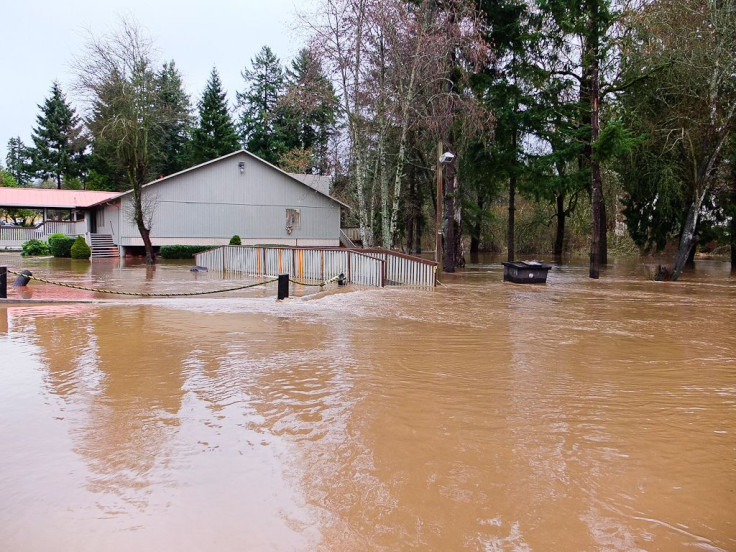UN says Climate and Health Atlas Will Help People Prepare for Natural Disasters

Two UN agencies published a report-The Atlas of health and climate, on Monday that shows how climate affects people's health. The agencies said that knowing about climate and the effect that it has on health can help people prepare for worst-case-scenarios.
Change in climates and natural disasters like floods and droughts kills many people and many more get affected by diseases like diarrhea, malaria and meningitis post- disaster. The data in the Atlas can help world leaders prepare for disease outbreaks, WHO said in a news release.
"The Atlas of Health and Climate" was published jointly by World Health Organization and the World Meteorological Organization (WMO).
Early warning systems and more co-operations between government services can help people prepare for a natural disaster. WHO says that early warning system reduced the death toll due to cyclone in Bangladesh from 500 000 in 1970 to about 3000 in 2007.
Diseases like malaria and dengue can be worse during some months than others, preparing for them in time can help save many lives.
"Prevention and preparedness are the heart of public health. Risk management is our daily bread and butter. Information on climate variability and climate change is a powerful scientific tool that assists us in these tasks. Climate has a profound impact on the lives, and survival, of people. Climate services can have a profound impact on improving these lives, also through better health outcomes," said Dr Margaret Chan, Director-General of WHO.
It is often poor planning and infrastructure that kills more people than the natural disaster alone would. The Atlas shows that shifting to clean household energy sources can save 680 000 children per years and also reduce climate change.
"Stronger cooperation between the meteorological and health communities is essential to ensure that up-to-date, accurate and relevant information on weather and climate is integrated into public health management at international, national and local levels. This Atlas is an innovative and practical example of how we can work together to serve society," said WMO Secretary-General Mr Michel Jarraud.



























